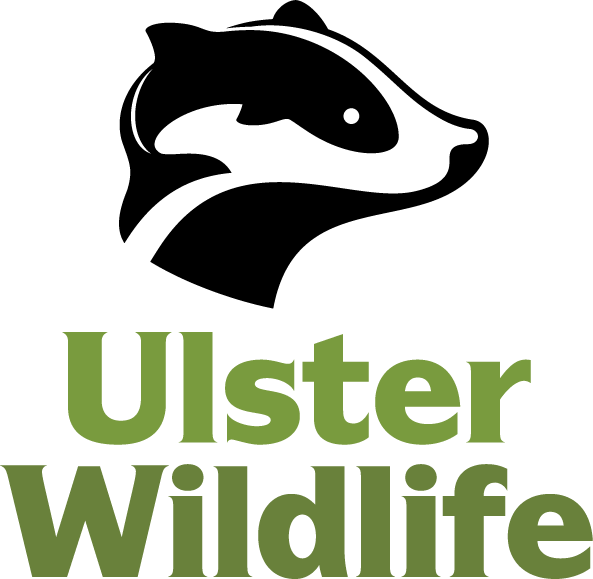The strategy, first tabled four years ago, comes after significant progress has been made by the environmental NGO sector to restore peatlands across Northern Ireland, at pace and at scale, through the Peatland Collaborative Network.
The strategy rightly recognises the multiple benefits of healthy peatlands, from locking up carbon and filtering water, to providing a home for threatened species like curlew, large heath butterfly and sphagnum mosses. It also notes that peatland restoration delivers greenhouse gas reductions at ten times better value for money than equivalent abatement measures in heating systems.
Recognition of the Peatland Code to help unlock private finance, is also welcome, alongside important public investments such as the PEACE Plus programme, which is already supporting peatland recovery across border regions.
However, some commitments, such as greater protection for peatlands and moving away from peat extraction, appear to have weakened since the draft strategy was published.
The Delivery Plan needs to include clear, ambitious and practical targets, backed by long-term funding and robust monitoring. The success of the Peatland Collaborative Network has already shown what effective, cross-sector collaboration can deliver at scale. DAERA now needs to step up and build upon this ambition...
Dr Peter McEvoy, Director of Land Management at Ulster Wildlife, says:
“The Delivery Plan needs to include clear, ambitious and practical targets, backed by long-term funding and robust monitoring. The success of the Peatland Collaborative Network has already shown what effective, cross-sector collaboration can deliver at scale. DAERA now needs to step up and build upon this ambition, taking peatland restoration to the next stage, if we are to truly tackle the nature and climate emergencies.
“We welcome the need to build capacity within the sector, but long-term funding is essential to give contractors, landowners and businesses confidence that this sector is worth investing in. Projects such as our Peatland Traineeship Programme are already providing a vital step in upskilling peatland restoration practitioners of the future, but funding is key.
“We are disappointed that the final strategy dropped the draft commitment to identify and designate new peatland ASSIs (Areas of Special Scientific Interest). Only 10% of our peatland habitats are protected under such measures. Without some level of increased protection, many are at risk of being lost.
“While the Peatland Code is an important financial mechanism to scale up restoration, Northern Ireland’s fragmented land ownership means that other incentives and mechanisms are needed. The Delivery Plan needs to clearly set out how peatland restoration will marry with future agri-environment programmes and agri policies.
“While there is much to celebrate with the publication of this strategy, and we fully support its ambition, the Delivery Plan is going to be the real test. If DAERA gets that right and fully engages with stakeholders, we can scale up our peatland restoration activity and unlock the true value that Northern Ireland’s peatlands can provide for wildlife, people and climate.”
Find out more about Ulster Wildlife's peatland restoration work
